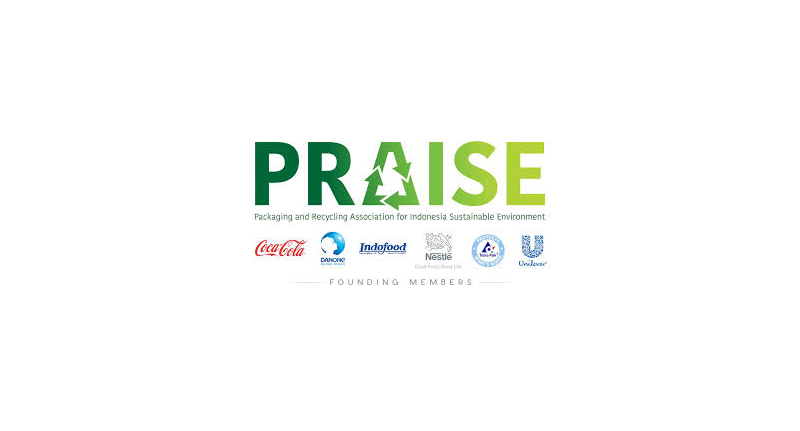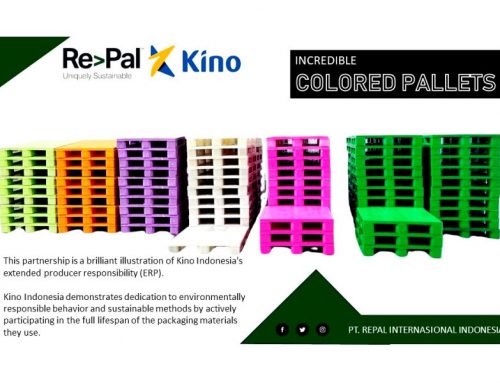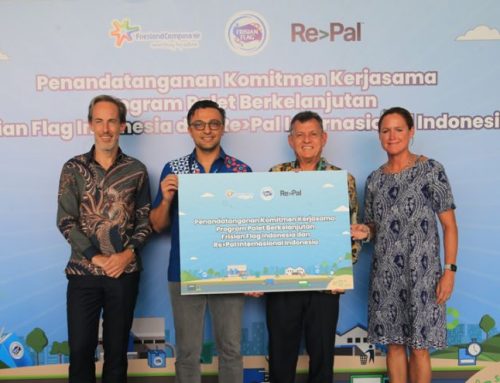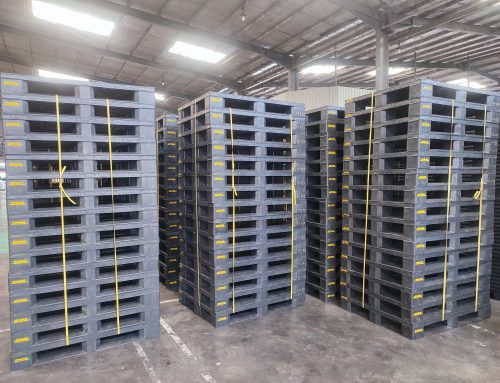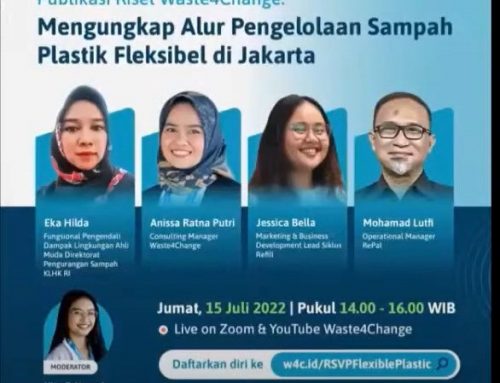I was pleased to be a part of the circular economy event in Jakarta this month where UNDP & Kingdom of Denmark focus on Indonesia signed an agreement for funding an analysis of the circular economy opportunities in Indonesia. In conjunction with companies such as SystemIQ, AlphaBeta and with the Bappenas agency coordinating between ministries I am sure this will be able to add impetus to the recycling and reuse of waste across Indonesia. We heard of the five business models that IBCSD promotes (circular suppliers, resource recovery, product life extensions, using sharing platforms and products as a service) and it was kind of Ibu Shinta W. Kamdani, President of the IBCSD, to mention Re>Pal as one of her case studies in her presentation. Dr Medrilzam, Director of Environmental Affairs, Bappenas took us through the timeline of actions for building a more circular economy over the next 4 years, with some initiatives such as the Extended Producer Responsibility having already happened as of Dec 2019. He cited how the drive to a circular economy will add to economic benefits of a country as resources are reused and the infrastructure becomes more efficient through collaboration; Europe is forecasting GDP that will be 7% higher in 2030 due to circularity.
Finally, I joined the working group on waste plastics which involved a strong contingent of MNC’s, Government advisors, NGO’s and associations. The session was beautifully summed up by a very modest, and very eloquent Ibu Mignonne N.B.Maramis, who is on the PRAISE (industry recycling cooperative) Secretariat. Ibu Maramis said that there needed to be parallel development of all the items under a holistic approach: better collection systems; increases of waste value through segregation to encourage collection (if there is no segregation waste is unappealing to everyone in the waste supply chain); redesign the very hard-to-use plastics and some of this is happening through the EPR legislation too to encourage easier handling; and there should be a very active education of consumers with the easy to identify/ recycle plastics that these do have value and can be recycled.
She concluded that it is ideal if Government entities set the example and buy ‘green’ and if they took the lead on doing that, it would encourage a league of SME’s to fill the demand. And her final note was that we also need enforcement, and this could either be rewards for good recycling behaviour and penalties for poor behaviour; perhaps even both. This was an excellent event as it combined both the advocacy role of Governments, the passionate voice of NGO’s and associations and the commercial practicalities of commercial implementation via manufacturing, FMCG, food & beverage companies and recyclers such as Re>Pal. Well done all who took an active part.

